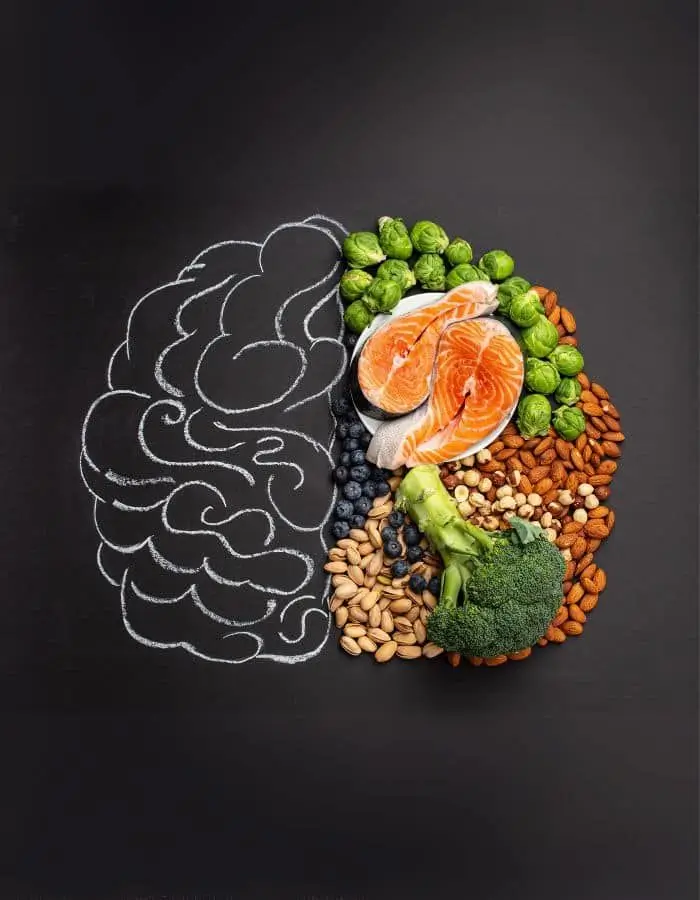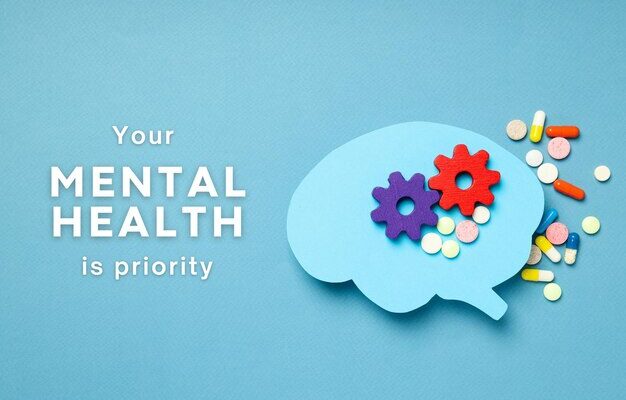Mental health is just as important as physical health, yet many people overlook it. Have you ever felt mentally exhausted, even after a full night’s sleep? Or struggled to focus, despite having a clear schedule? These are signs that your mental well-being needs attention.
The good news? Taking care of your mind doesn’t have to be complicated. Simple, daily practices can make a big difference in your emotional balance and overall happiness. Let’s explore 17 powerful ways to boost your mental health and bring more peace into your life.
1. Prioritize Quality Sleep
Lack of sleep can make you feel anxious, irritable, and unfocused. Your brain needs proper rest to function at its best, but many people sacrifice it for work, social media, or late-night TV.
Creating a relaxing bedtime routine can help improve your sleep quality. Try avoiding screens before bed and engaging in calming activities like reading or meditation. When you get enough rest, your mood improves, stress reduces, and focus sharpens.

2. Practice Daily Gratitude
Negative thinking can easily take over when you’re stressed. Focusing on gratitude helps shift your mindset from problems to possibilities, making you feel happier and more optimistic.
Keeping a gratitude journal can be a simple yet powerful habit. Writing down three things you’re thankful for each day trains your brain to notice the good around you. Small joys, like a kind word or a beautiful sunrise, can make a big difference in your mood.

3. Move Your Body Regularly
Exercise isn’t just for fitness—it’s a natural mood booster. Physical activity releases endorphins, chemicals in the brain that help reduce stress and increase happiness.
Finding an activity you enjoy makes it easier to stay consistent. Whether it’s dancing, yoga, or a daily walk, moving your body helps you feel energized, relaxed, and mentally strong.

4. Set Boundaries to Protect Your Energy
Saying yes to everything can leave you emotionally drained. Setting boundaries helps you maintain balance and protect your mental well-being.
Learning to say no without guilt is essential for self-care. Prioritizing your well-being over obligations that exhaust you allows you to focus on what truly matters.

5. Feed Your Brain with Nutrient-Rich Foods
What you eat directly impacts how you feel. A nutrient-rich diet fuels your brain, while junk food can leave you sluggish and irritable.
Incorporating omega-3s, antioxidants, and vitamins into your meals helps boost brain function and mood. Staying hydrated and cutting back on processed foods can also lead to better mental clarity and emotional stability.

6. Connect with Supportive People
Having positive relationships can be a powerful tool for mental resilience. Surrounding yourself with people who uplift you creates a sense of belonging and emotional security.
Spending time with supportive friends and family helps reduce stress and boost happiness. A strong support system makes it easier to navigate life’s challenges.

7. Limit Social Media and Screen Time
Excessive screen time can increase anxiety and stress. Social media often creates unrealistic comparisons, making you feel like your life isn’t enough.
Taking regular breaks from screens allows your mind to reset. Setting time limits on social media use helps you stay present and improves your emotional well-being.

8. Try Mindfulness and Meditation
Your mind often wanders between past regrets and future worries, increasing stress. Mindfulness helps you stay present, reducing anxiety and improving focus.
Practicing deep breathing or guided meditation for just a few minutes a day can bring instant calm. The more you practice, the easier it becomes to handle stress and negative emotions.

9. Engage in Creative Activities
Creativity isn’t just for artists—it’s a powerful form of therapy. Expressing yourself through creative activities helps release stress and improve mental clarity.
Trying new hobbies like journaling, painting, or playing music can provide an emotional outlet. Letting go of perfectionism and focusing on enjoyment can make creativity even more rewarding.

10. Practice Deep Breathing Exercises
When stress takes over, your breathing becomes shallow, making anxiety worse. Practicing deep breathing techniques can instantly calm your nervous system.
Simple methods like box breathing—inhaling, holding, and exhaling for four seconds each—can help reduce tension. Making this a daily habit can improve relaxation and mental focus.

11. Establish a Relaxing Morning Routine
A chaotic morning can set a stressful tone for the entire day. Creating a calm and intentional routine helps you start the day with clarity and focus.
Waking up a little earlier to avoid rushing can make mornings feel smoother. Including activities like stretching, journaling, or quiet time helps you feel more balanced throughout the day.

12. Challenge Negative Thoughts
Your inner critic can be your worst enemy, creating doubt and anxiety. Learning to challenge negative thoughts helps shift your mindset toward self-compassion and confidence.
Asking yourself, “Is this thought true?” can help break negative thinking patterns. Replacing self-doubt with positive affirmations can boost self-esteem and overall happiness.

13. Spend Time in Nature
Nature has a profound effect on mental well-being. Fresh air, greenery, and natural sounds help reduce stress and improve mood.
Taking a walk in the park or simply sitting outside can bring a sense of calm and clarity. Disconnecting from technology and reconnecting with nature is a simple way to refresh your mind.

14. Volunteer and Help Others
Giving back isn’t just about helping others—it’s a proven way to boost your own happiness. Acts of kindness create a sense of purpose and connection.
Volunteering or even small gestures like helping a friend or complimenting someone can lift your mood. The joy of giving creates a ripple effect of positivity in your life.

15. Laugh More Often
Laughter is a natural stress reliever. It releases feel-good hormones that help you feel relaxed and happy.
Spending time with funny, uplifting people can instantly brighten your mood. Watching a comedy or finding humor in everyday moments helps reduce stress and boost emotional resilience.

16. Journal Your Thoughts
Writing down your thoughts can be a powerful way to process emotions. Journaling helps clear mental clutter and gain perspective on challenges.
Reflecting on your feelings allows you to track progress and release bottled-up stress. The act of writing itself can be incredibly therapeutic and insightful.

17. Seek Professional Help When Needed
There’s no shame in reaching out for professional support. Therapy and counseling provide guidance, validation, and coping strategies.
Finding a therapist who understands your needs can be life-changing. Seeking help isn’t a sign of weakness—it’s a step toward healing and self-care.

Final Thoughts
Caring for your mental health is an ongoing journey, not a one-time fix. Small, consistent habits can create lasting change.
Which of these ideas will you try first? The more you prioritize your well-being, the more joyful and fulfilling your life becomes.




